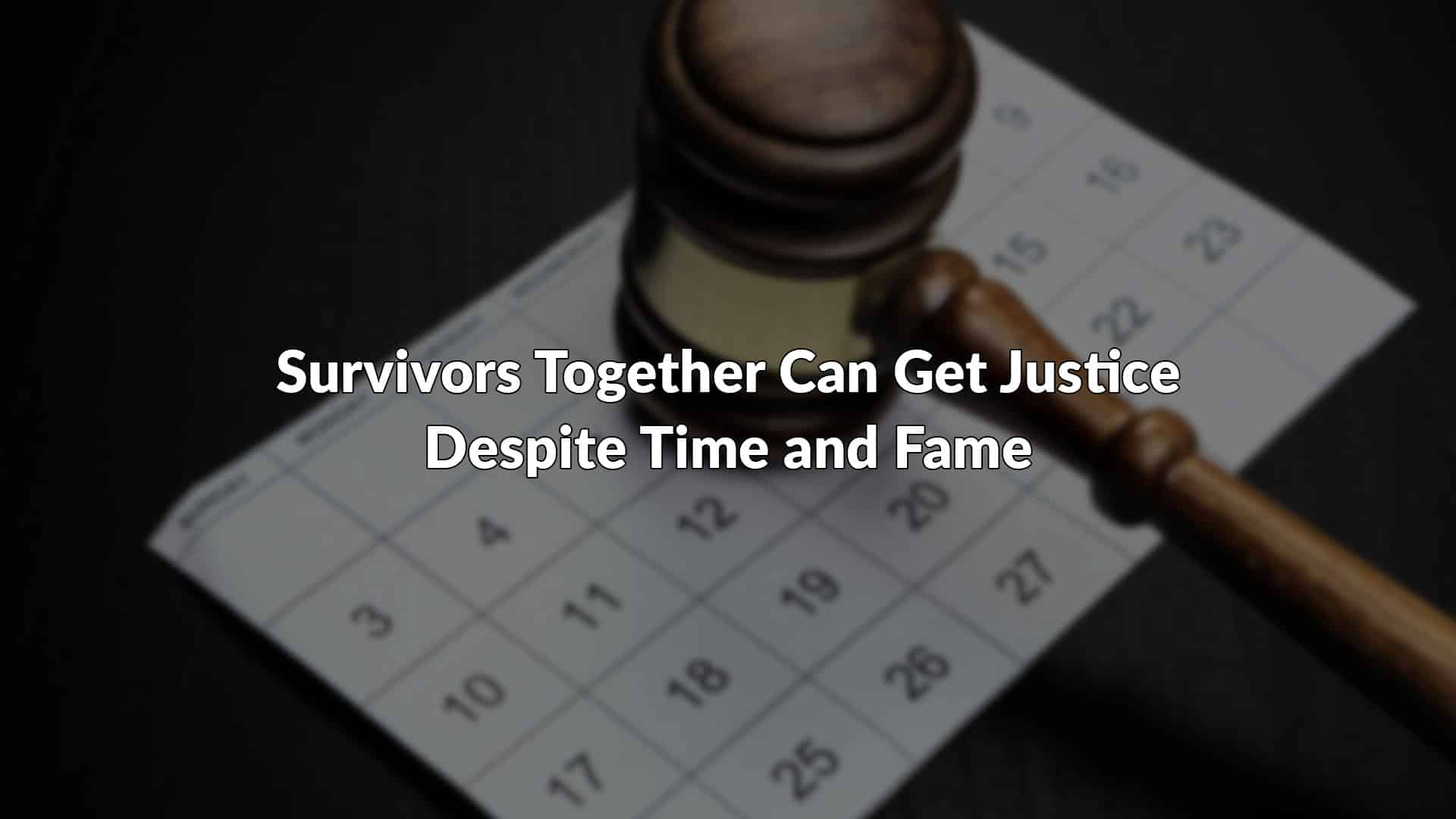Mr. Sarnowski, Representative Wagner’s Senior Advisor on Human Trafficking, outlined the evolution of the Internet as an online marketplace for prostitution. Websites, such as Backpage.com, provide vehicles for traffickers to advertise the individuals they control by posting photographs and details of their services. Those who search Backpage.com can access information on where to find commercial sex in nearly any city in the United States. Traffickers and pimps who pay Backpage.com to post these advertisements provide the company with profits of up to $5 million per month.[3] The lucrative nature of these advertisements likely provides an incentive for Backpage.com to allow these illicit activities to continue.
An Arizona State University study examined the listings available for Phoenix, Arizona on Backpage.com and 9.8% of the advertisements studied were flagged as potentially featuring a minor victim of sex trafficking.[4] Another study by Arizona State University in 2012 focused on five cities during a twelve-hour period.[5] Within that short time period, the researchers “identified potential sex trafficking victims in 166 ads [and] 48 (28.9%) were identified as potential minors,” under the age of 18.[6] Sites such as Backpage.com and Eros.com make it easier for traffickers to advertise and exploit their victims and for individuals who demand commercial sex to gain access to victims of trafficking.
Many Americans have spoken out against these advertisements, but there has been limited success in fully dismantling them. In 2010, Craigslist shut down its “Adult Services” section due to petitions and news stories revealing the illicit nature of the advertisements.[7] However, now adult advertisements can be posted in the “Personals” section.[8] Although, “Craigslist says they will remove any posts [that] violate state and federal laws […] if you peruse the site you’ll find numerous advertisements similar to those [involving illicit commercial sex] on Backpage.”[9]
Advertisements on sites, such as Craigslist and Backpage.com, often mask illicit offers of commercial sex by using code words instead of explicit language[10] or by posting in categories like “Sensual Massage” that may not be viewed as inherently illegal.[11] According to The Washington Times, “several states have also sought to crack down on online sex ads [especially on Backpage.com], citing their use as virtual marketplaces for teens forced into prostitution. Judges in Connecticut, New Jersey and Washington state have overturned those state laws as unconstitutional [due to the First Amendment].”[12]
Currently, prosecutors do not have the tools to prosecute the individuals responsible for sites like Backpage.com. In fact, the 1996 Communications Decency Act “states that any ‘interactive computer service’ is not a publisher of the content that third parties post, and thus is immune from lawsuits or prosecution based on the material its users post.”[13] Fortunately, the objective of the SAVE Act is to provide prosecutors the laws necessary to prosecute these individuals. For instance, the act adds “advertising” of sex trafficking as one of the types of conduct that constitute the federal crime of sex trafficking. This addition is meant to make web hosts such as Craigslist and Backpage.com responsible for the illicit advertisements they have knowingly posted on their sites.
As policymakers prepare for the introduction of the SAVE Act in the Senate, the Mens Rea, or the mental state necessary to prove that the act committed was criminal, requirement is highly debated. The original introduction of the SAVE Act included two Mens Rea standards to be used in prosecutions. The first applies to individuals who “knowingly advertised” victims of trafficking while the second applies to those who were in “reckless disregard” of the sex trafficking involved in their advertisements.[14]
As Mr. Sarnowski noted, however, months of consultations with companies, such as Google and Facebook, led to a compromise in the final mens rea requirement. Now, if an individual is being prosecuted under paragraph 2 of 18 U.S. Code § 1591, which states that the individual benefited financially from sex trafficking, and the financial benefit was a result of advertising, the second Mens Rea no longer applies. This compromise protects companies such as Facebook, whose sites may be used for the recruitment and advertisement of victims without their knowledge.
However, it puts the burden of proof on the prosecutor to show that the individual “knowingly” permitted such advertisements on his or her site. Perhaps the act should be amended to account for the website owners who should have known that their sites’ activities involved sex trafficking, instead of only those who “knowingly advertised.” As the Senate discusses the act in the upcoming months, policymakers must balance the interests of companies like Facebook with the need to effectively prosecute those responsible for the advertisement of sex trafficking victims online.
[2] Alex Sarnowski, “Pornography and Sex Trafficking: Stopping Online Advertisers of Trafficking Victims with the SAVE Act,” Family Research Council, Washington, DC, June 12, 2014 (12:00 PM).
[3]“Congressional Momentum in the Effort to Fight Sex Trafficking,” Equality Now.http://www.equalitynow.org/press_release/congressional_momentum_in_the_effort_to_fight_sex_trafficking
[4] Dr. Dominique Roe-Sepowitz, “Matrix Study Background (Draft 2/18/14),” Office of Sex Trafficking Intervention Research, Arizona State University.
[5] Dr. Dominique Roe-Sepowitz, Lieutenant James Gallagher, et al., “One-Day Sex Trafficking Snapshot of an Internet Service Provider Research Brief,” Arizona State University.
[6] Id.
[7] Claire Cain Miller, “Craigslist Says It Has Shut Its Section for Sex Ads,” The New York Times, September 15, 2010.
[8] Avery Appelman, “Are Craigslist and Backpage Massages Legal?” Minnesota Criminal Defense Law Blog, September 19, 2013.
[9] Id.
[10] “Child Sex Trafficking and Exploitation Online: Escort Websites,” Thorn: Digital Defenders of Children, March 11, 2014.
[11] Avery Appelman, “Are Craigslist and Backpage Massages Legal?” Minnesota Criminal Defense Law Blog, September 19, 2013.
[12] Alan Scher Zagier, “Wagner promotes bill to shut down online sex ads,” The Washington Times, March 13, 2014.
[13] Abigail Field, “Despite Crackdown, Craigslist’s Sex Ads are Thriving,” Daily Finance, May 5, 2010.
[14]“H.R.4225 – SAVE Act of 2014,” Congress.Gov. http://beta.congress.gov/bill/113th-congress/house-bill/4225
By Caroline Ackerman



